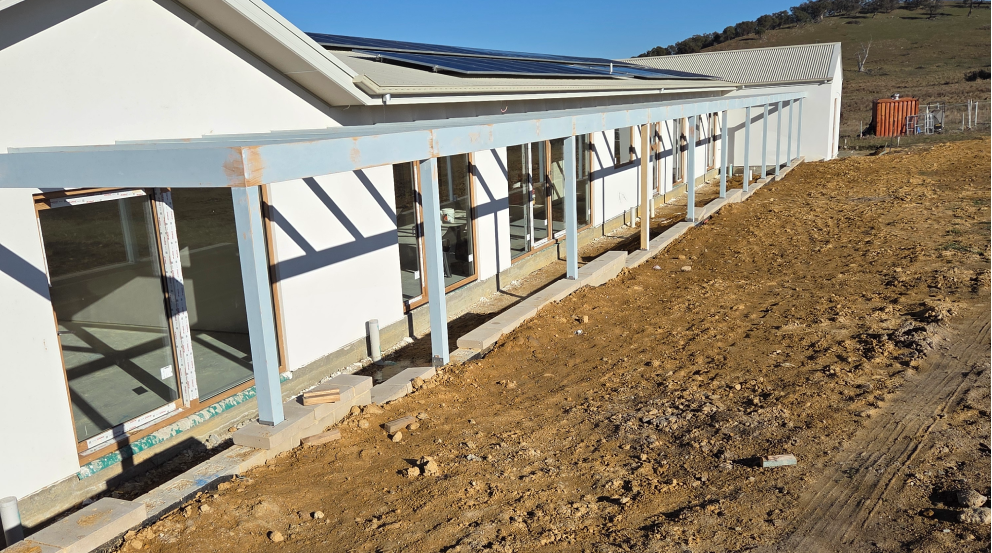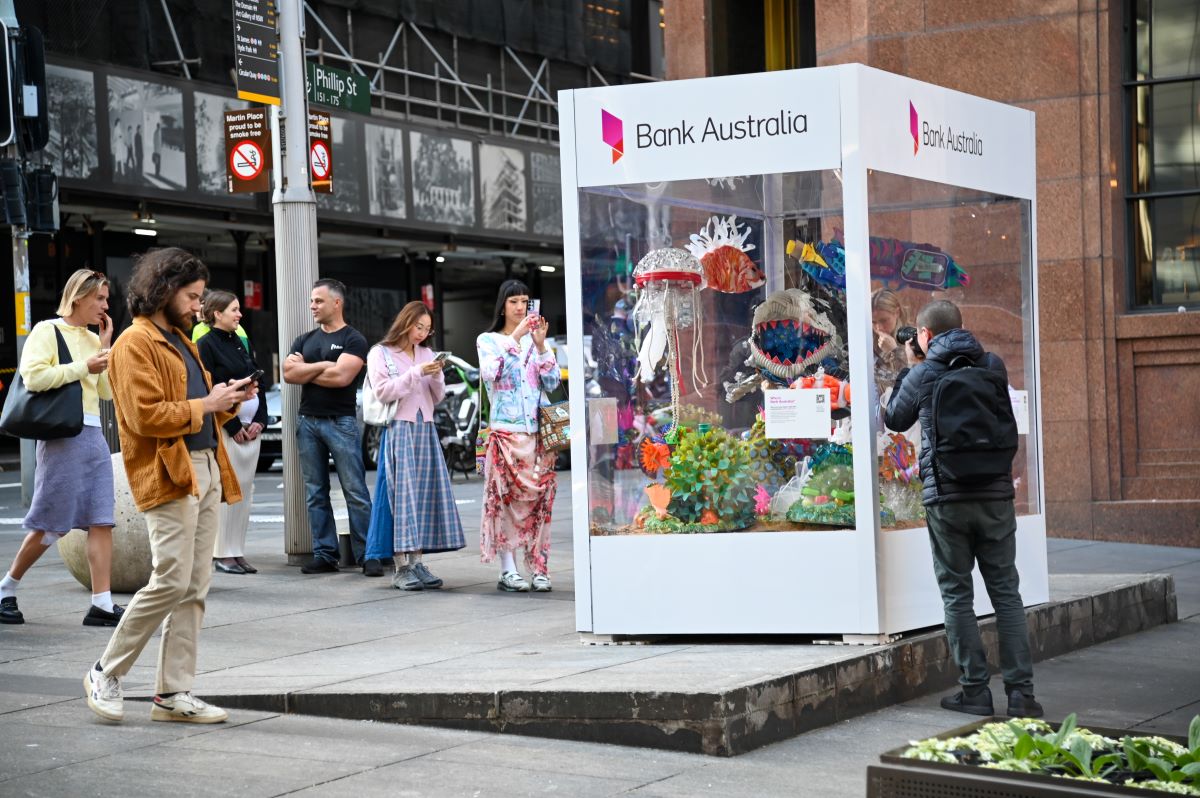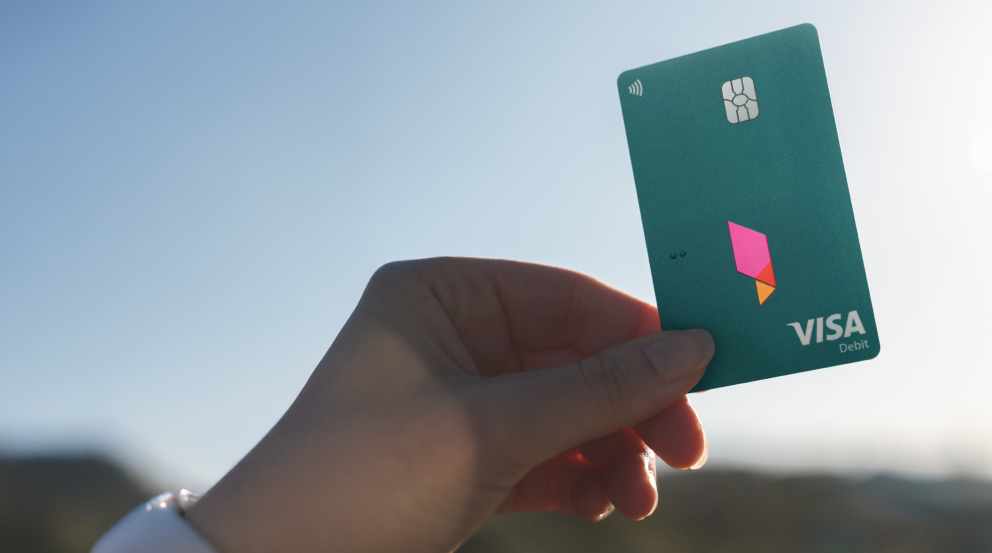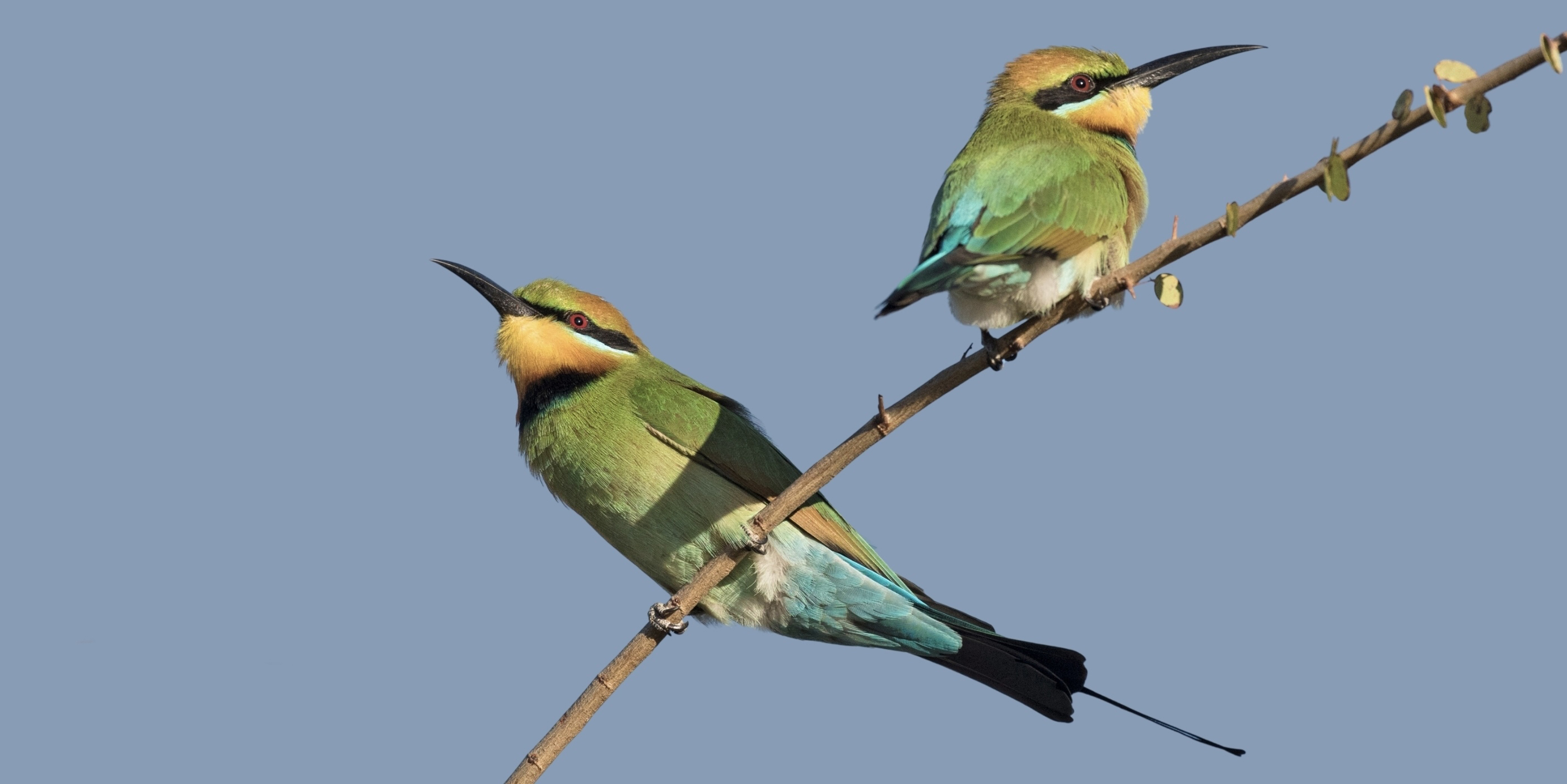Australia is the only country in the Commonwealth that doesn’t have Treaty with First Nations Peoples. We talk to the organisation working to change that.
The theme for this year’s NAIDOC Week is heal country. It calls for all of us to continue to seek greater protections for lands, waters, sacred sites and our cultural heritage from exploitation, desecration, and destruction.
Despite tens of thousands of years of caring for Country, First Nations peoples in Australia still do not have Treaty with the federal government. And beyond the halls of political power, there is still much to be done to advance meaningful reconciliation in our communities
Reconciliation Victoria is working to change that. With three strategic arms in local government, education and community, they are the statewide body promoting reconciliation throughout Victoria.
“Reconciliation is really important for us all moving forward together,” says Otis Heffernan-Wooden, a project officer with Reconciliation Victoria. “I just don’t feel like we’ll be whole, as a country, until we address the historical injustices that this country was founded on.”
According to Reconciliation Victoria, reconciliation can be achieved through five key points:
- overcoming racism and understanding white privilege and power structures;
- achieving equity through justice, health, education and employment;
- developing a new State-wide identity, which includes establishing a Treaty;
- ensuring government, corporate and community accountability;
- and addressing historical injustices. “A Treaty would begin to resolve some of those traumas of the past, and let us all move forward together,” says Otis.
Since 2019, Reconciliation Victoria has received two Community Customer Grants through the Bank Australia Impact Fund.
The first grant was used for a Treaty campaign strategy, to help non-Indigenous Victorians understand and support the state’s Treaty process. The second round of funding will be used for a Treaty Engagement project, and will inform and engage Australia’s non-Aboriginal community, promote the importance of Treaty, and raise awareness of how Treaty benefits everyone.
“We spoke with a really broad range of stakeholders, both Aboriginal and non-Aboriginal, to develop these strategies,” Otis explains. “Anything a non-Aboriginal person does in this space needs to be guided by Aboriginal voice. Supporting Aboriginal people, and including the diversity of views around Treaty, is really important.”
Bank Australia also provides funding for the HART (Helping Achieve Reconciliation Together) Awards, which recognise excellence in reconciliation across local government, education and community. This year’s winners in the Local Government category were Mildura Council, who held a Corroboree celebrating Aboriginal culture, language, performance and food.
In the Community category, the Victorian Aboriginal Community Controlled Health Organisation (VACCHO) were highly commended for their entry; after the bushfires earlier this year, they arranged a visit for a group of Indigenous healers to fire-affected areas to provide support and advice to Aboriginal communities. “The program was such a success that they opened it up to the whole community,” Otis says. “In the wake of the bushfires, a whole lot of non-Indigenous people took part in these traditional healing sessions as well.”
Moving forward, Otis and the Reconciliation Victoria team hold a lot of hope for achieving reconciliation in Victoria.
“There’s a lot of momentum in the reconciliation space, with moves towards Treaty,” he says, adding that Treaty would be a huge step in achieving reconciliation. “In the next five years, I hope to see more work done on Treaties in Victoria, I hope to see the recommendations from the Uluru Statement fully implemented, and I hope to see more positive work around truth telling in Victoria come to fruition.”
To celebrate NAIDOC Week, from November 8-15, Otis suggests non-Indigenous Australians do one thing: find out more about the history of the land you live on. “Maggolee is a website run by Reconciliation Victoria,” he says. “It’s intended as a resource for local councils, but everyone finds it really useful. There’s tailored information about each council area in Victoria, including information about traditional owners and Aboriginal organisations operations in that area.”








